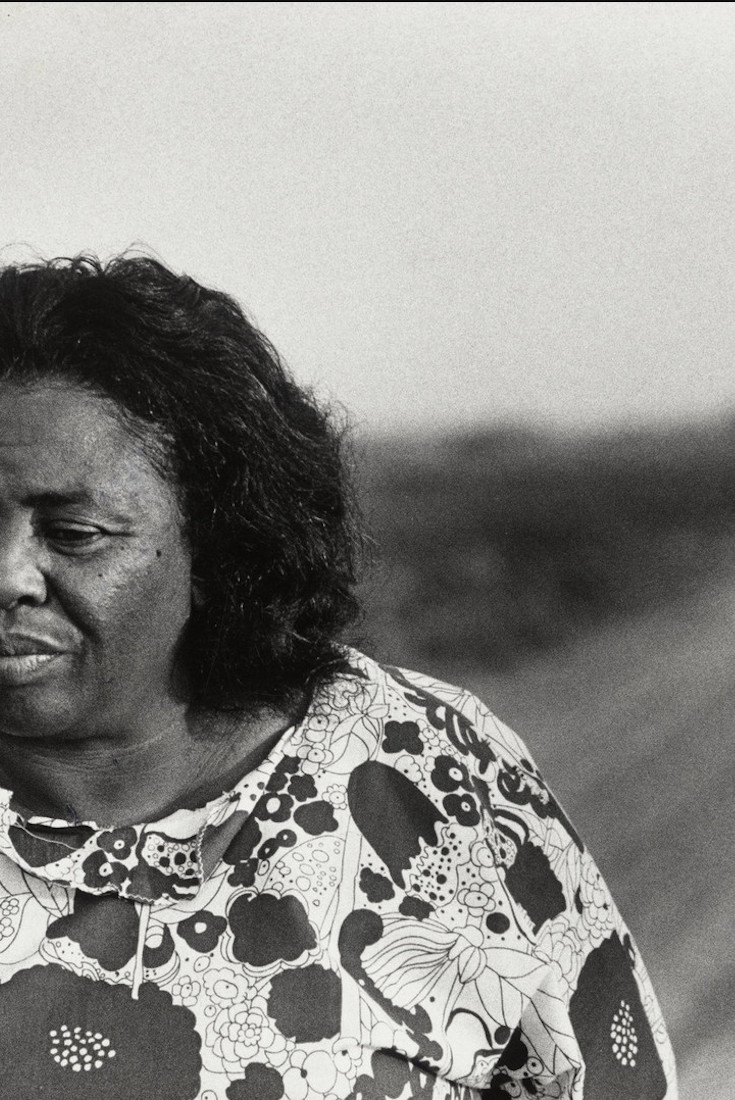[dropcap]Fannie[/dropcap] Lou Hamer was born in 1917, the 20th child of Lou Ella and James Lee Townsend, sharecroppers east of the Mississippi Delta. She first joined her family in the cotton fields at the age of six. Although she managed to complete several years of school, by adolescence she was picking hundreds of pounds of cotton a day. In the early 1940s she married Perry Hamer, known as Pap, and worked alongside him at W.D. Marlow’s plantation near Ruleville, in Sunflower County. Hamer’s ability to read and write earned her the job of timekeeper, a less physically demanding and more prestigious job within the sharecropping system.

The Hamers adopted two daughters, girls whose own families were unable to care for them. (They later adopted their two grandchildren after the older daughter’s death.) Hamer’s own pregnancies had all failed, and she was sterilized without her knowledge or consent in 1961. She was given a hysterectomy while in the hospital for minor surgery, a procedure so common it was known as a “Mississippi appendectomy.” “[In] the North Sunflower County Hospital, I would say about six out of the 10 Negro women that go to the hospital are sterilized with the tubes tied,” she told a Washington, DC, audience three years later. [mc4wp_form id=”6042″]

The forced sterilization was one of the moments that set Hamer on the path to the forefront of the Mississippi Civil Rights movement, but the incident that brought her into a leadership role came a year later. On August 31, 1962, not long after attending a voting rights meeting organized by the Student Nonviolent Coordinating Committee (SNCC), Hamer joined 17 of her neighbors on a bus to Indianola, the county seat. Officials blocked most of the group from even attempting to register; Hamer and one man were the only ones allowed to fill out the application and take the literacy test, which both failed.

On the drive back to Ruleville, the bus was stopped and the driver arrested — the bus was too yellow, the police claimed. While the passengers were held on the bus, the deeply religious Hamer began to sing spirituals. Singing, in particular, “This Little Light of Mine” and “Go Tell It on the Mountain,” became one of the defining features of her activism.
When the passengers scraped together enough money to cover the driver’s fine, the bus was allowed to return to Ruleville. When Hamer got home, she found that plantation owner W.D.
Marlow was already aware that she had tried to register to vote. He demanded that she withdraw her application. She refused, with an explanation that would become a familiar refrain in her Civil Rights speeches: “I didn’t go down there to register for you. I went down to register for myself.” Marlow ordered her off his land.


You must be logged in to post a comment.